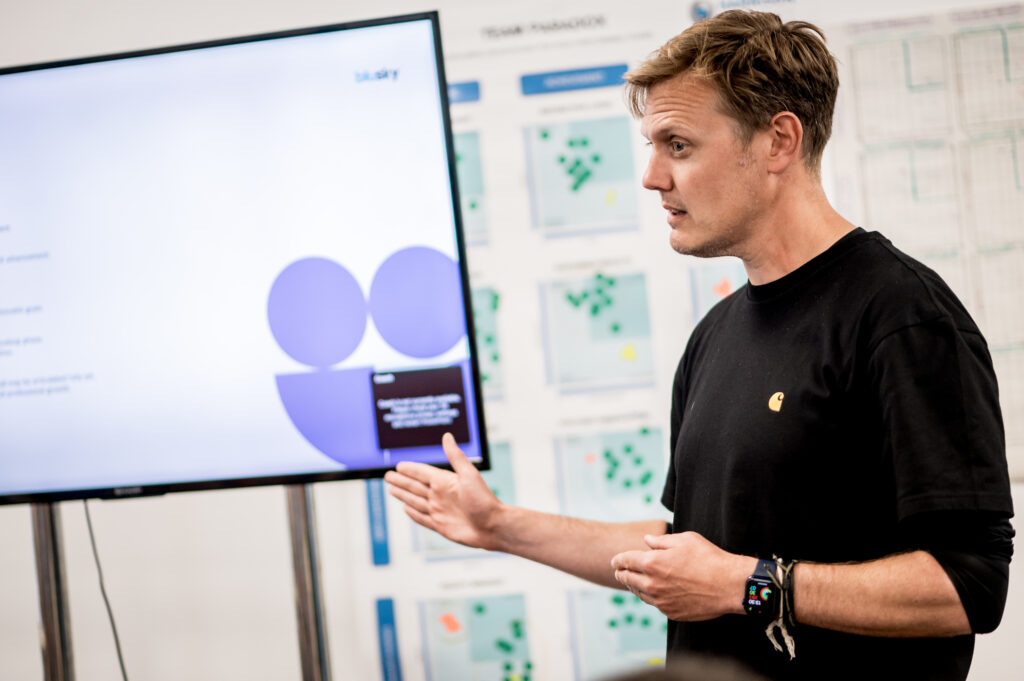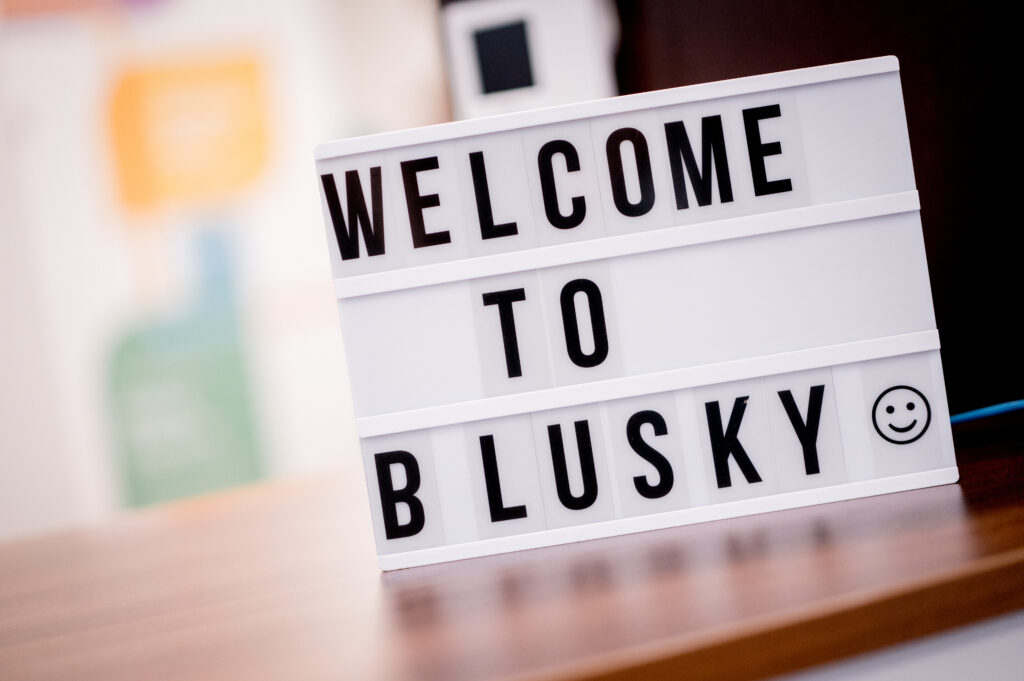In business terms it can be defined as:
“Changing the traditional way that an industry or market operates, especially in a new and effective, or innovative way”.
Those changes usually massively benefit the consumer, by bringing product or service to the table far quicker or far more cheaply, often both.
But we are far from the first generation here. We’re standing on the shoulders of giants, and what’s been achieved in the past enables us to envisage and produce change and innovation at a far faster rate and scale today than ever before.

What did the Spinning Jenny, with the flying shuttle do to the cottage weaving industry?
The development of canals revolutionised the transportation of coal and goods and supported the industrial revolution, but they were dead as a transportation system within 100 years as the railways – typified by Stephenson’s rocket (built in Newcastle upon Tyne of course) – smashed the speed and volume capacities of the canals.
Henry Ford and others of his ilk made the horse and cart a thing of the past. None of us now blink at trotting down the motorway at a steady, if illegal, 80mph. Now it’s up to Eton Musk to make us comfortable doing that in a driverless state.
Or will the driverless car become supplementary to Hyperloop or whatever technologies follow on from associated research?
I certainly don’t have the blog space or the technical knowledge to even touch on medical and other STEM industry changes.

And that’s just in relatively recent times. Let’s go back to the renaissance, the agricultural revolution, in fact all the way back to the first person on the savannah to pick up a rock to shape another one into a spearhead. How about even the first amphibian to decide it’d prefer to live on land rather than in the water? The first cell that decided to split?
Change and disruption has been a constant part of our lives, and will continue to be so. So whilst celebrating the good stuff, let’s not think we’re that special, but let’s recognise what we do have that other generations haven’t – what does make us special – and work out how to use it for the best.
Information.

More and more people have access to more and more data. More than we can imagine.
We’re so far forward compared to my school days, where learning was from a ten-year-old text book, supplemented by the odd visit to the library or (yes, even in those dark ages) David Attenborough documentary. Add fast access to untold massive amounts of data, and throw todays data mining, prototyping and development tools into the mix, and we can start to understand why the speed of change is not a constant, but a concave upwards curve.
There will be more change in the next ten years than in the last ten. More change in the next twenty years than in the last fifty. Let’s hope it’s generally for the good.

Many of you will be focussed on the small disruption that is driving your business forward, upsetting the corporates and putting food on the table for your kids. I’ve been around a while, but I’m still greatly excited and enthused by some of the ideas I see generated and put into action. If you’ve the right team to make £ for yourselves whilst making other people’s lives easier, go for it!

Just don’t forget the opportunity to contribute positively to the big disruption. By that I mean social, ecological, maybe political. We see plenty on social media about equality of sexes and orientation, race and religion.
Don’t just tweet it, do it.
Nobody is asking anyone to go through the sacrifice and selflessness of the generations in the first half of the 20th century, but look in a small way to help shape a future for the generation after you – even if we don’t know what that future holds. All we know is it will be different. Work hard to ensure it’s different in a positive way.
Live it. Love it.
Disrupt it.


